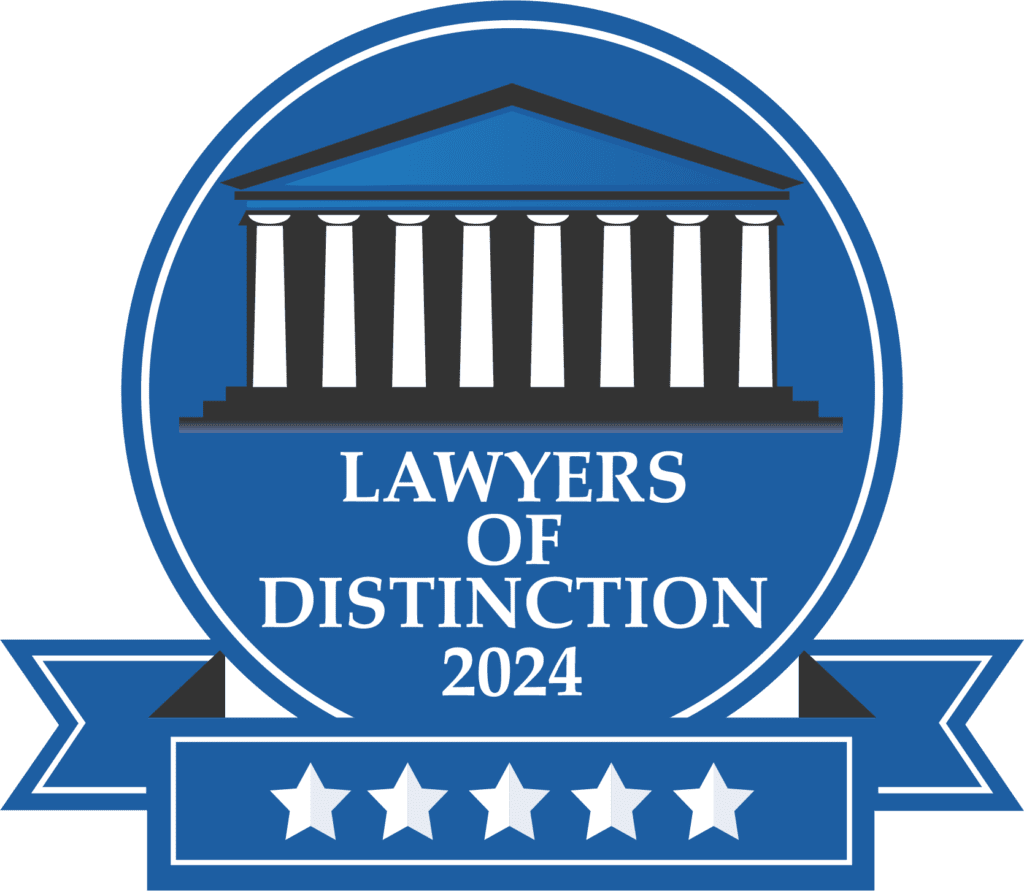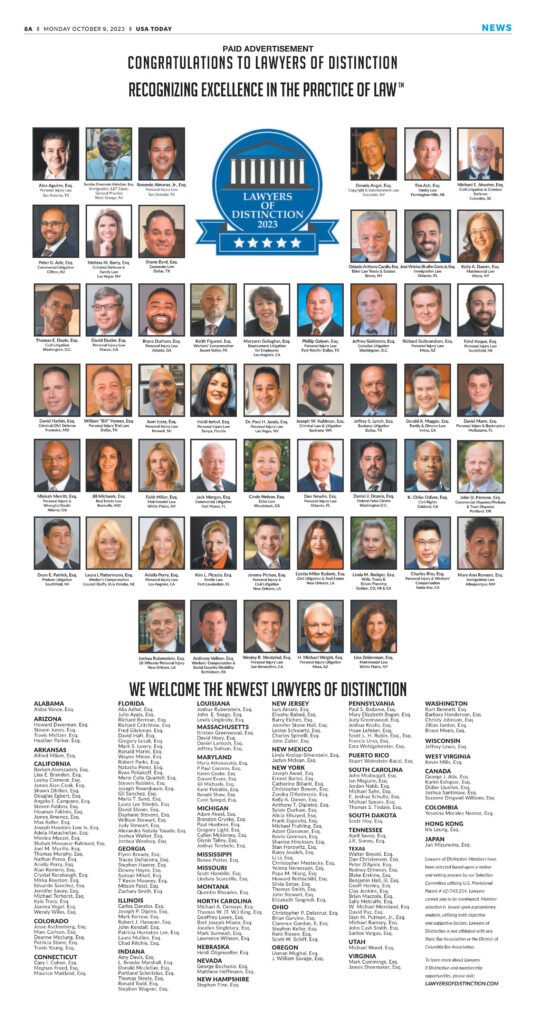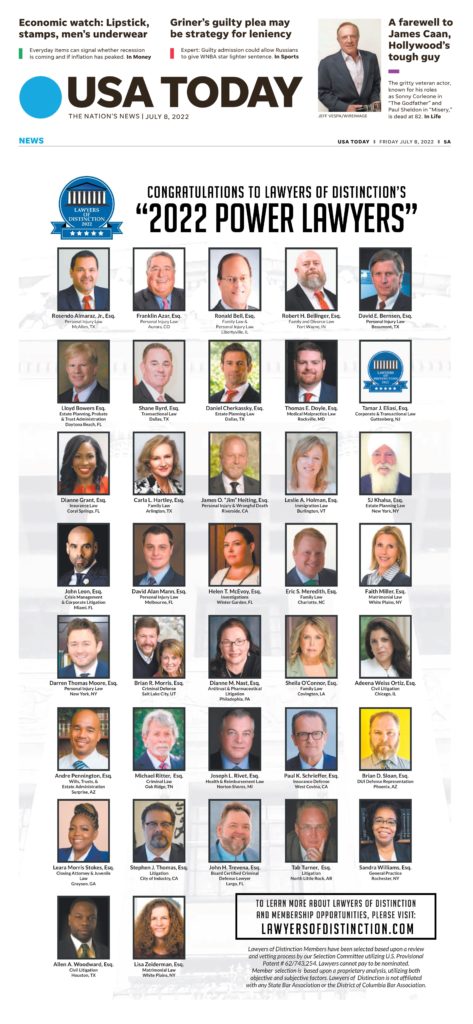As recently as 40 years ago, most states did not permit lawyers to advertise their services. Later that decade, the U.S. Supreme Court ruled that truthful advertising should be allowed for attorneys, as doing so would allow them to provide the public with valuable information about available legal services. It was true then and it remains true today that attorneys must maintain the highest level of marketing ethics.
Competitiveness among law firms is increasing, so advertising plays a vital role in a firm’s ability to communicate its services and grow its business. Today’s advertising and marketing efforts are much different from when the landmark ruling came down in 1977, when advertising primarily consisted of newspaper ads, home mailers and brochures. Those tactics are still used today, but they are being overshadowed by digital marketing efforts, email, blogs and social media, to name a few.
To outshine other firms, attorney advertising must be engaging and relatable. Most importantly, they must be truthful, providing accurate descriptions of their services so that they do not mislead consumers.
Advertising rules can vary by state, but following are a few tips that are just good practice, whether or not your state is on the more lenient side:
Don’t spam potential clients. Everyone signs up for email lists from time to time, and sometimes regret song so, particularly when they are bombarded with messages in their inbox that are not relevant to them. Sure, they may have initially agree to be on the distribution list, but when they ask to be removed, take them out of your database immediately.
Don’t make promises you can’t keep. The fastest way for any company, including law firms, to destroy their reputation is to guarantee specific results. A testimonial page on a website is great, but make sure to communicate that results may vary. Don’t let your client develop unrealistic expectations, or your powerful testimonials will be overshadowed by negative reviews. Moreover, it’s not ethical to guarantee a windfall to every client.
Avoid comparative statements. Again, state laws differ, but declaring yourself, “The most respected law form in (fill in the blank)” is speculative. The statement can’t be backed up with verifiable facts. Instead, tout statistics and recent successes that your firm has achieved – just make certain they are up to date and accurate.
In an age where consumers are overwhelmed with messaging, confused and unsure where to turn, marketing your firm’s services is essential. However, all advertising and marketing efforts must be delivered with the highest ethical standards, and content must be truthful. These are just a few guidelines to follow to help develop your advertising strategy to help your firm grow and prosper, while serving a satisfied client base. The use of scholarships, like Lawyers of Distinction’s Scholarship, or the Lawyers of Distinction Directory, are examples of pieces of the marketing mix.
Source: https://www.natlawreview.com/article/marketing-ethics-lawyers-to-follow-2020-and-beyond




